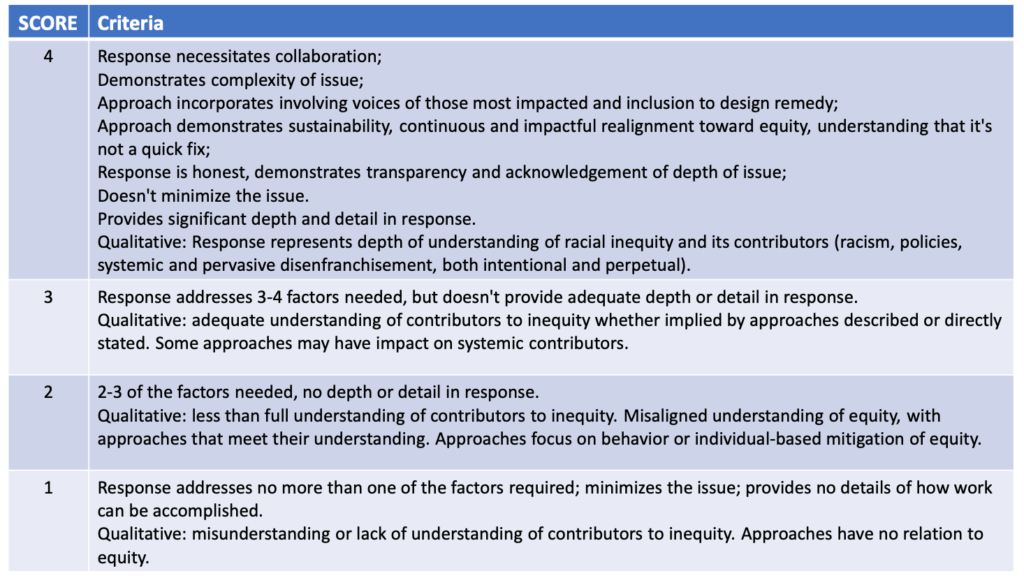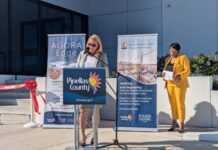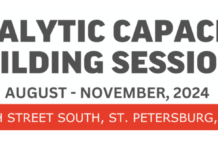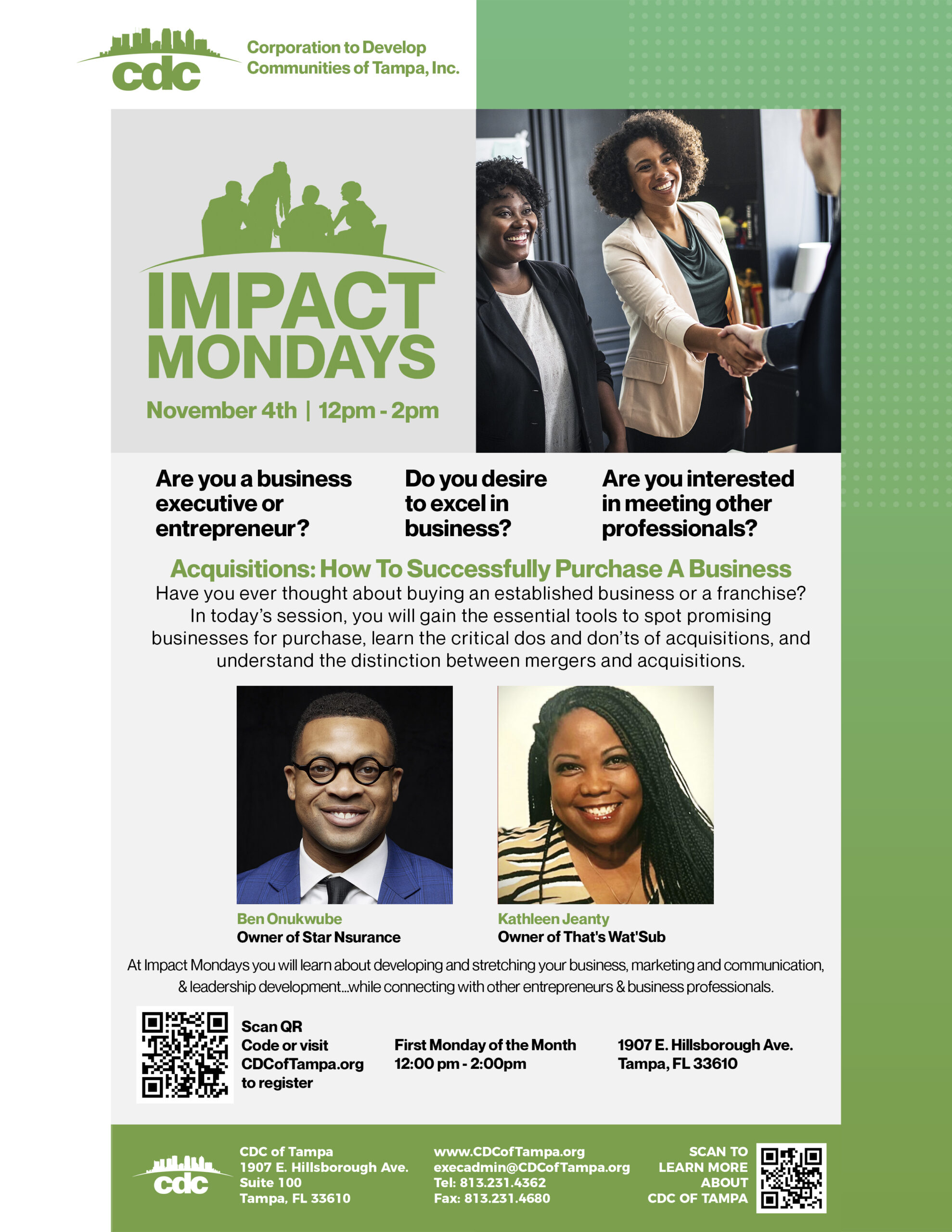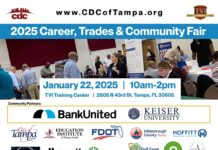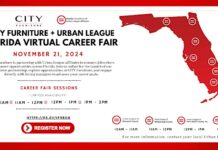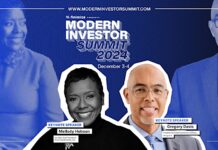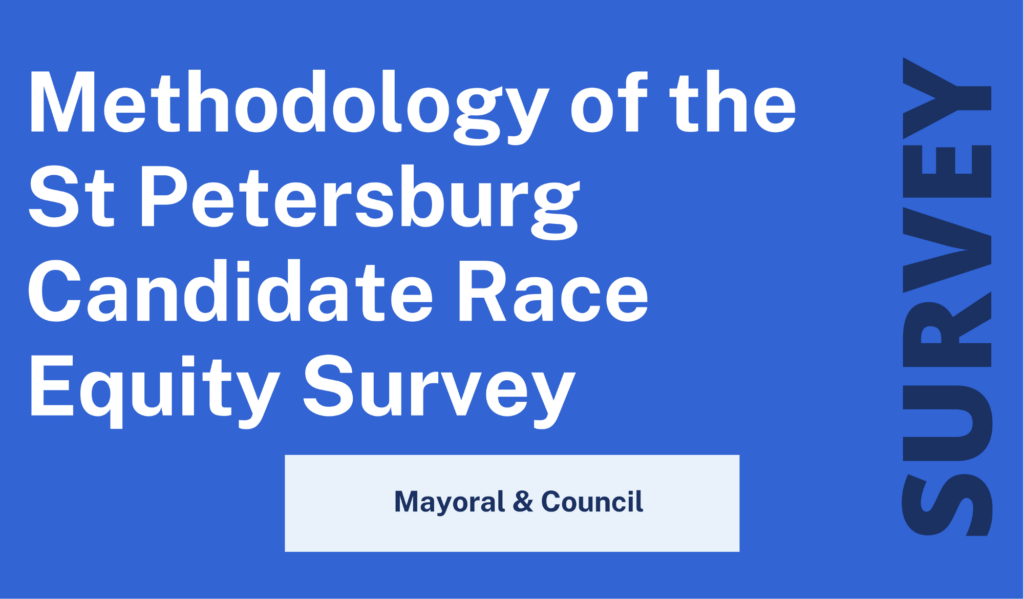
This analysis of the 2021 mayoral and city council candidates in St. Petersburg, Florida explores thinking on real-world aspects of moving towards race equity. This is an inaugural assessment of candidates’ commitment to race equity, and there is no standardized way to conduct this type of analysis yet. Therefore, this process has been fluid, and the methodology has adapted as learning continued.
The survey was pilot tested by sending to persons who were presently or formerly in public office, including city council members and Florida state legislators in Hillsborough and Pinellas Counties. Comments and responses to the pilot allowed for assessment of validity of the questions to elicit responses that allowed measurement of one’s commitment to equity. Four participants completed the pilot survey by September 21, 2021. Two researchers separately coded each response individually and then met together to discuss alignment, variability, and challenges with the coding structure using the current rubric. Several issues were illuminated during this process that shaped the precision and validity of the survey. The main source of bias was identified as researchers compared the length of the responses. Using the word “some” in questions provided too much space for variability in response length. Revisions were made to ask respondents more precisely about their experiences during the course of the survey. This would provide a more equivalent baseline for coding. This process resulted in adjustments to the questions, survey format and rubric to appropriately elicit and score responses.
This analysis used an opened-ended, five-question survey sent to candidates via e-mail during October 2021. Questions were adapted from the Continuum of Equity© developed by Dr. Mary Conage which aligns an individual’s commitment to equity after completion of her Equity Self-Reflection Survey©. Questions in the Equity Self-Reflection Survey were designed to be completed by an individual who is seeking to understand how they align with equity and ways they can improve their commitment to equity in thought and action. It was felt that candidates running for office may not approach this opportunity with the same frame of mind, so the questions were adjusted to elicit how candidates have operationalized their commitment through their efforts – past, present and future. Questions were adjusted jointly with Dr. Conage to better elicit this information from candidates seeking office.
An email was sent to candidates on September 29, 2021, explaining the purpose of the survey, with a link to the questions. Emails to candidates were sent using the email addresses on file with the Supervisor of Elections. Candidates were initially provided five days to provide responses via a link to Survey Monkey. On October 5, 2021, a second email was sent to candidates notifying them they had two additional days. On October 6, 2021, each candidate who had not responded at that point received a follow-up call to the phone numbers on file with the Supervisor of Elections. In total, candidates had seven days to respond to the survey.
Of eleven candidates running for mayor or city council, responses were received from eight individuals. Three candidates did not respond, one of those candidates having no opponent for the general election.
The responses to each question were individually coded by two PhD-level researchers. Reviewers were blinded to the identity of the candidate responding to each question. Responses to each question were coded before moving on subsequent questions. In other words, all candidate responses to question one were read, coded, and scored before moving on to question two for any candidate. Candidate’s responses were assessed according to a rubric developed jointly with Dr. Conage.
NOTE – Prior to validation, correlation between scores was 0.74. The scores of each candidate’s responses were then validated to reach a correlation of 1.0. Each response was scored on a scale of 1-4, for a total possible score of 20.
